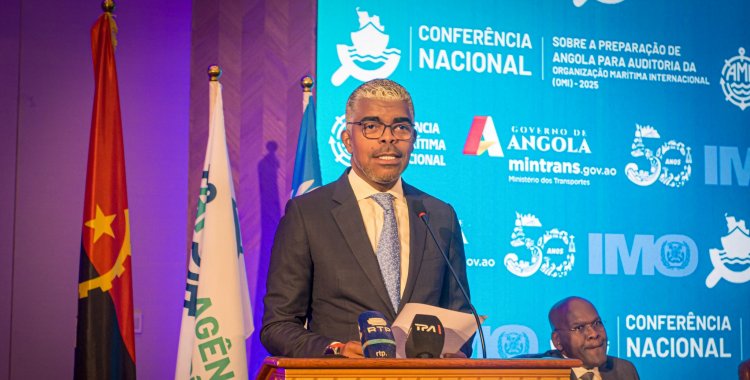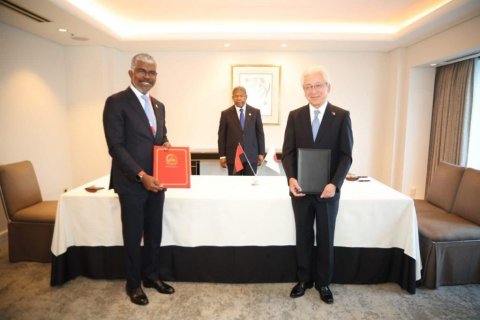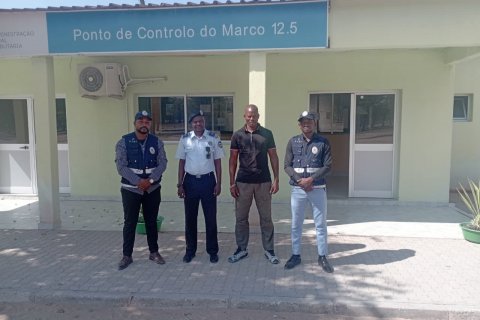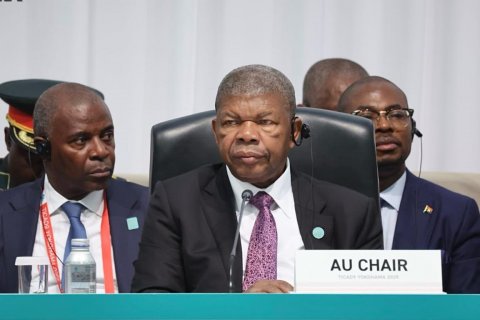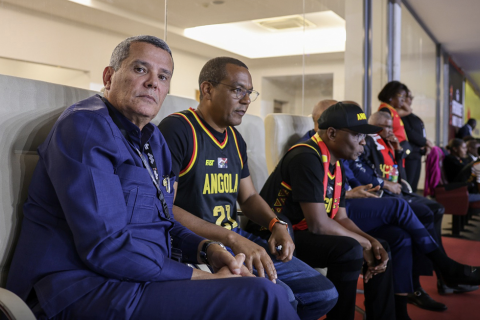"Our critical points are related to human capital, we have to ensure that, not only from the point of view of inspections, in maritime and port activities we have the necessary skills and certifications to be able to do so, but also in the area of our maritime professionals who need to be duly certified", Ricardo de Abreu stated this Monday.
In response to Lusa, when asked about the challenges of the national maritime system, the minister said that maritime safety is also among the critical points in this transport subsector.
The transport sector has safety elements as a fundamental characteristic, "whether air, road or sea transport, the essential issue is the safety of the activity to allow these activities to be developed economically in an efficient, operationally competitive and safe way", he said, after speaking at the opening of the National Conference on Angola's Preparation for the International Maritime Organization (IMO) audit.
Ricardo de Abreu considered that the audit of this organization, scheduled between the 3rd and 10th of November, is a deeply strategic action because, more than ensuring that the technical aspects are in compliance and operational, it is about positioning Angola on the international maritime map.
"That is why this conference marks a turning point: either we assert ourselves now, or we lose an opportunity to make the sea a structuring national asset", he said during his speech.
For the Minister of Transport, the audit scheduled for November "is not a bureaucratic ritual, it is a real test", he pointed out, emphasizing that the country will be scrutinized in the areas of navigation safety, environmental protection, training, ship inspection, port supervision, onboard labor conditions and others.
"It is the Angolan State that will be audited. The entire State. And this is the first major message that I want to emphasize so that people understand the importance of this conference and, above all, the November audit. It is the country. It is all of us and we must pass the tests that this process involves with distinction", he said.
He also argued that it is not enough for the country to have a motivated, committed and technically prepared National Maritime Agency (AMN), but that "it is necessary to continue consolidating the activity, processes and action models, so that the results emerge, are visible to everyone and profitable for the country".
Ricardo de Abreu also announced that the department he supervises has set up a multisectoral group, which has been working with the AMN for months in preparing the audit, which identified "critical points, weaknesses and gray areas", which gave rise to the National Strategy 2025-2029 on the implementation of mandatory IMO instruments.
A document that defines "clear priorities, measurable goals, institutional responsibilities and performance indicators. It is not a plan to be kept in a drawer. It is a concrete roadmap to be followed and measured", concluded the minister.

